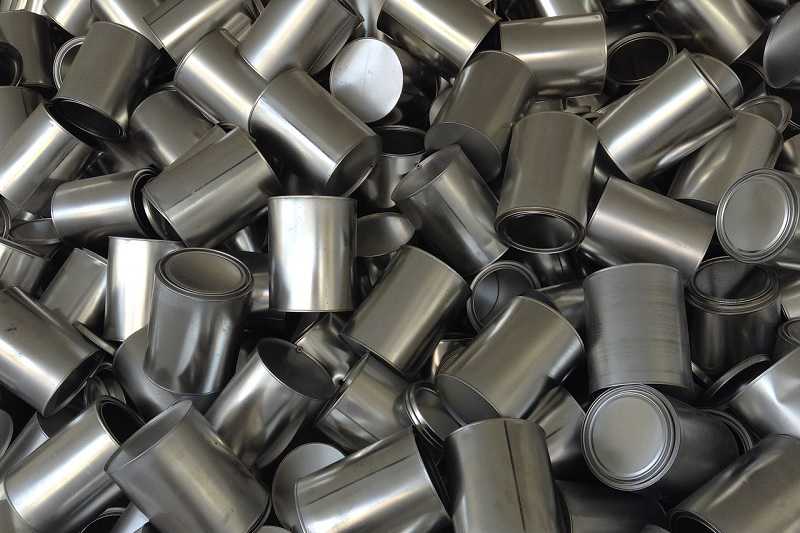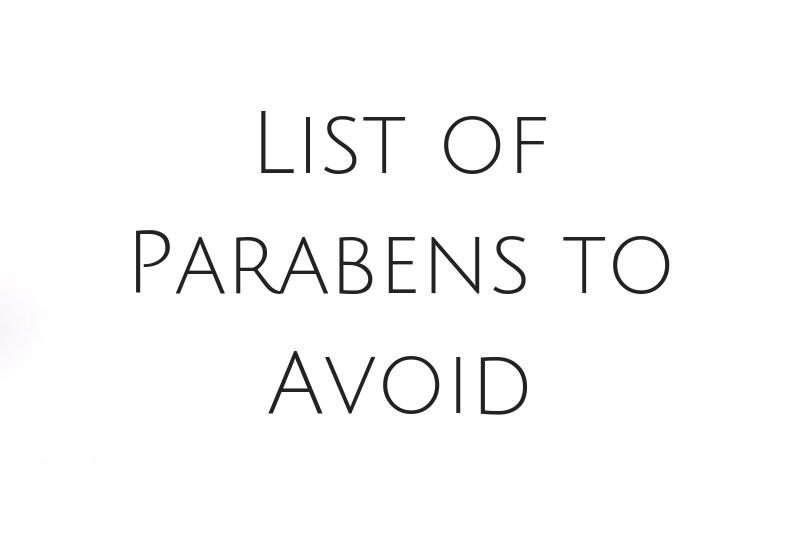Bisphenol A, better known as BPA, is an industrial synthetic chemical usually founds in plastics, including plastic food packaging.
However, a lesser-known use of BPA is in metal food and drink cans. Epoxy resins that contain BPA coat the inside of these cans and act as a sealant, preventing the contents inside the tin from coming into contact with and causing degradation of the metal.
There are health concerns over using BPA in packaging and whether it can leach into food and be consumed.
Anyone worried about these concerns should look for BPA-free products, but how can you tell if cans are BPA-free in the UK? Let’s take a closer look!
Do Cans in the UK Contain BPA?
Some chemicals are banned for use in food packaging due to health risks despite their legal use elsewhere in the world. So, is the use of this chemical prohibited? If so, all cans on British supermarket shelves woule be BPA-free! Or do tin cans in the UK contain BPA?
Unfortunately, the UK Food Standards Agency (FSA) does allow the use of BPA to make protective sealants for tin cans.
The FSA states on its website that:
“The current full assessment has found that dietary exposure to BPA is not a health concern for any age group.”
Because of this, the use of BPA in cans is legal.
The European Food Standards Agency takes the same stance, allowing BPA in packaging following several health and safety evaluations.
Its legal status and success as a sealant mean its use in food and drink packaging is widespread.
One survey by The Independent recorded in 2010 found that 18 out of 20 best-selling canned food items in British supermarkets contained BPA in their linings, including Heinz baked beans and Princes tuna. Fizzy drink cans such as Coca-Cola are also lined with BPA resins.
How Can You Tell If a Can Is BPA-Free?
Anyone concerned about the potential health risks of BPA will want to know which cans, if any, are BPA-free.
There is only one way to tell whether or not this is the case: look for products labelled as “BPA-free”.
Food and drink products are not legally required to be BPA free in the UK, but many brands have opted to go BPA free and will state this on their products due to consumer pressure on BPA in food and drink tins.
Thankfully, this same consumer pressure means more and more brands have implemented or are currently seeking BPA-free alternatives. For example, Heinz UK made a Twitter post in 2018 stating that it is at the “advanced stage of completing the move to alternatives” and that most of its tins have “already switched to ones that avoid using BPA in the protective internal coatings.”
If you cannot find out from the product packaging, your second option is to contact the brand directly and ask whether they use BPA in their packaging.
You can reach out on social media, drop the brand and email, or message via any other available means. Many also issue BPA statements on their websites.
What Are the Health Risks of BPA in Tin Cans?
You might be wondering what the health risks of eating food from BPA-lined packaging are. Is it worth checking all your tins and messaging brands for this information? Well, it depends on whom you’re asking…
According to the FSA, no! As mentioned, they’ve declared that the small amount of BPA that leaches from packing into the diet is not harmful to human health.
But according to science, there are several health risks to be aware of. These health risks arise due to the ability of BPA to mimic oestrogen in the body.
Oestrogen is the primary female sex hormone but also plays a crucial role in the sexual function of men and body fat storage in both sexes.
By mimicking oestrogen, BPA can cause a hormonal imbalance and several unwanted effects. According to Breast Cancer UK, bisphenol A can stimulate the growth of tumours in people with hormone-dependent breast cancer.
Increased exposure to the synthetic chemical is also linked to obesity, heart disease, diabetes, fertility issues, and reproductive damage.
Are BPA-Free Cans Safer?
More BPA-free cans are becoming available in the UK as brands ditch their bisphenol A-lined tins for alternatives to gain consumer approval.
However, be warned. Research suggests that these BPA-free substitutes might be just as bad as the popular coating chemical!
The potential health risks do depend on the precise BPA substitute used in the product lining. For example, bisphenol S (a popular alternative) mimics oestrogen like BPA and may have similar unwanted effects on the body.
However, naturally derived linings such as oleoresin might not carry the same health risks and are safer alternatives.
Therefore, customers should be wary of products labelled as “BPA-free”. You can ask the brands what chemicals or compounds they use in their linings and base your choices on this.
However, the best way to avoid BPA and all other nasty chemicals from leaching from tins into your food are to stop eating canned food altogether. Eating fresh, natural, organic products is the best solution.

Hannah is a freelance content writer passionate about natural health, mindfulness, and the environment. She shares her enthusiasm for a conscious lifestyle on Naturaler, inspiring others to take the steps towards a more natural and fulfilling life



